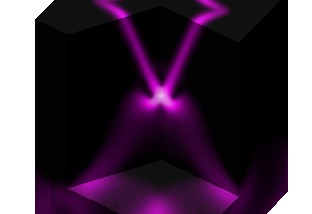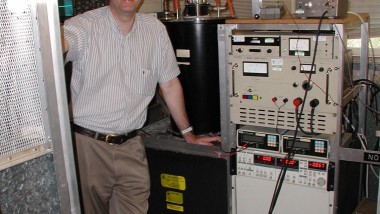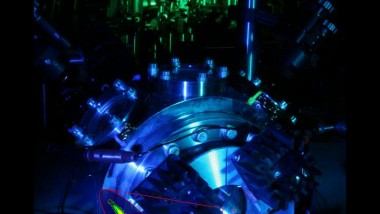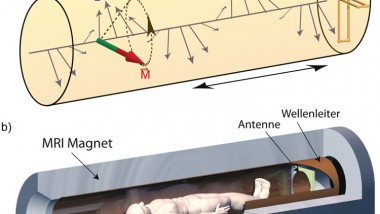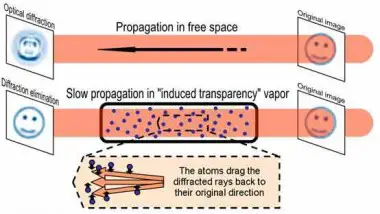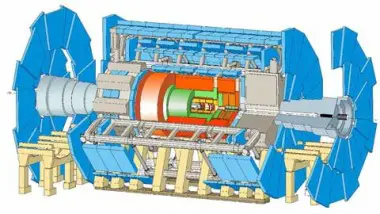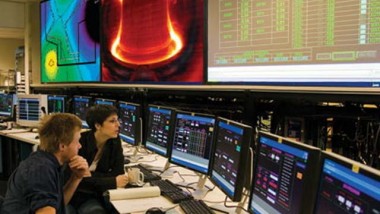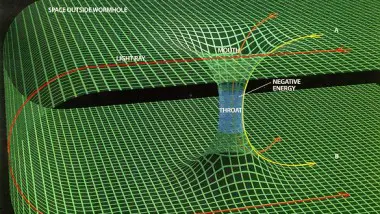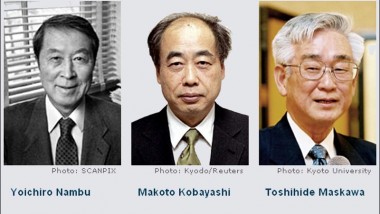Scientists from the SLAC National Accelerator Laboratory at Stanford University have proven the existence of a new type of material that could increase the speed, performance and efficiency of future computer chips. The new material permits the flow of electrons ...
Saser – The Sonic Laser
Scientists from the University of Nottingham have produced a new type of acoustic laser device, called Saser. It is a sonic equivalent to the laser, capable of producing an intense beam of uniform sound waves on a nano scale. The ...
Detecting Photon Entanglement
An enhanced technique to detect photon entanglement in different parts of an optical system has been developed by scientists from the California Institute of Technology (Caltech). In their research the group demonstrates how, for the first time, quantum uncertainty relations ...
Quantum Cat’s ‘Whiskers’
Researchers from Oxford University have turned the tables on the degrading receptiveness of quantum entangled systems. Conventional quantum sensors suffer from interference from their environment, but this novel version harnesses this sensitivity to measure incredibly weak magnetic fields. This new ...
A New Angle on MRI Scans
A group of engineers from the University of Zurich, Switzerland, has found a new way of producing higher quality MRI images. Their technique, they say, will increase the doctors’ ability to diagnose disease, thus making treatment more effective. It may ...
Hot Atoms Can Freeze Images
Researchers from the Technion – Israel Institute of Technology have developed a method to eliminate the phenomenon of diffraction, which causes images imprinted on light rays and propagating in free space to lose their sharpness after a short distance. Their ...
LHC to Resume Limited Duty in Late 2009
CERN management has decided to slowly restart experiments at the Large Hadron Collider (LHC), working its way up to energies of 10TeV by the end of 2009 but holding off on the highest energy collisions of 14 TeV until at ...
MIT Energy Efficient Fusion Power
Researchers at the Massachusetts Institute of Technology (MIT) are looking into using radio waves to control plasmas and possibly making energy efficient fusion reactors viable. Current fusion models rely on feeding plasmas through large magnets in controllable ways. One of ...
You, Grandpa, and Time Travel Paradoxes
The idea of time travel is possibly one of the most intriguing topics in modern science. If it becomes a reality it could have a fundamental effect on our world- but nothing comes without its price. Time travelers will have ...
2008 Nobel Prize in Physics
The Royal Swedish Academy of Sciences is awarding the 2008 Nobel Prize in Physics to Yoichiro Nambu of the Enrico Fermi Institute at the University of Chicago, Makoto Kobayashi of the High Energy Accelerator Research Organization in Tsukuba, Japan, and ...

